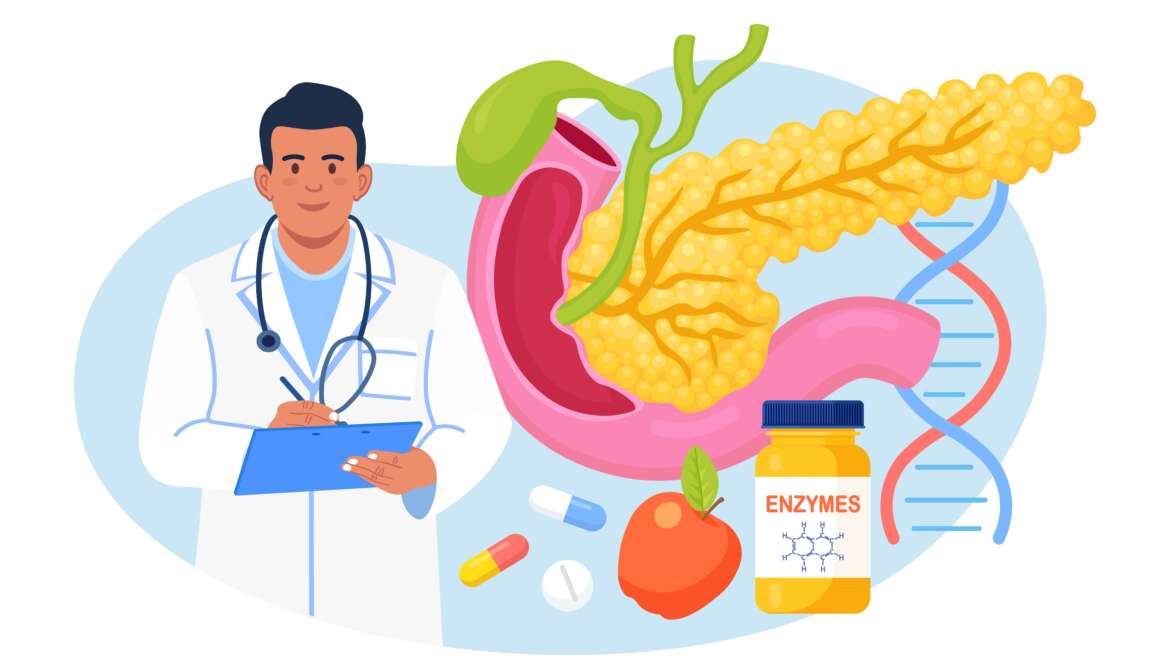Gastroenterological disorders affect the digestive system and can cause a range of symptoms, including abdominal pain, bloating, and diarrhea. Proper nutrition is essential in managing these conditions as it can help alleviate symptoms and improve overall gut health. Here are 8 key points to consider when it comes to nutrition in gastroenterological disorders:
1. Individuals with gastroenterological disorders should avoid consuming foods that trigger their symptoms. These may include high-fat foods, spicy foods, caffeine, alcohol or dairy products.
2. It’s important to eat a well-balanced diet consisting of lean proteins, whole grains, fruits and vegetables.
3. Fiber-rich foods such as legumes or whole grains can help regulate bowel movements and relieve constipation.
4. Probiotics are beneficial for individuals with gastroenterological disorders as they promote healthy gut bacteria.
Specialities In This Segment

Gastro-esophageal Reflux Disease
- Detailed Nutritional Assessment
- Online nutrition consultation (30 minutes)
- Detailed diet plan
- Handout for Do’s and Dont’s

Gastritis and Gastric Ulcers
- Detailed Nutritional Assessment
- Online nutrition consultation (30 minutes)
- Detailed diet plan
- Handout for Do’s and Dont’s

Diet plan for Piles/ Constipation / Bloating
- Detailed Nutritional Assessment
- Online nutrition consultation (30 minutes)
- Detailed diet plan
- Handout for Do’s and Dont’s


